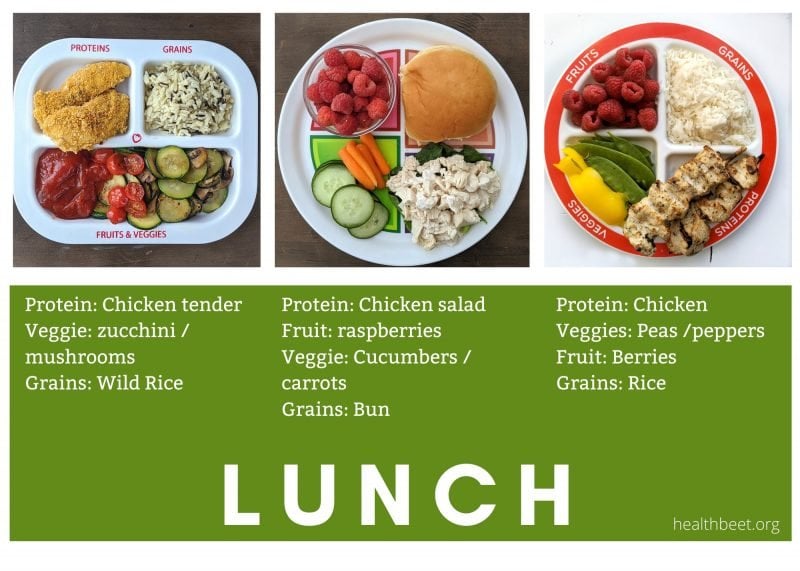Why More People Are Sticking to Eating Three Meals a Day – And How It’s Changing Health Trends
Eating three meals a day might sound old-fashioned in a world filled with diet trends, intermittent fasting, and six-meal plans. But nutrition experts are beginning to circle back to this simple eating structure, recognizing its steady benefits for energy levels, metabolic balance, and long-term health.

Across households and workplaces, this traditional approach is once again making sense—especially as people seek to break free from complicated food rules and irregular snacking habits.
How Eating Three Meals a Day Impacts the Body
Many studies now suggest that spreading calorie intake over breakfast, lunch, and dinner helps avoid energy crashes, excessive hunger, and overeating. By focusing on full, balanced meals rather than frequent snacks, the body gets time to digest and reset between meals.
Nutrition experts point out that three structured meals can help the body maintain stable blood sugar levels. That’s especially helpful for preventing energy dips in the afternoon or late-night cravings. This rhythm allows the digestive system to function better and helps the body distribute calories more efficiently throughout the day.
Skipping meals, especially breakfast, often leads to overeating later. People who avoid breakfast and lunch tend to consume heavy dinners, which can lead to weight gain and poor sleep quality. But eating in intervals—roughly every 4 to 6 hours—creates a natural and manageable flow of energy for most adults.
What the Latest Research Says
Recent nutritional science is exploring how traditional eating patterns affect weight and chronic diseases. Several findings show that eating three balanced meals per day, rather than grazing constantly or limiting to one big meal, supports better heart health and weight stability.

In fact, those who eat fewer large meals or skip meals often end up taking in more calories overall. The hunger built up throughout the day usually results in eating larger portions during dinner, with high sugar and fat content. Also Read: Tackle Hair Fall Naturally: Causes, Prevention, and Expert-Backed Solutions for Healthier Hair
Eating three meals also helps the body recognize natural hunger cues. When we eat at regular intervals, our hormones like insulin and leptin stay in sync, helping us feel satisfied without overindulging.
Moreover, studies show that eating earlier in the day is better for metabolism. Having your largest meal at breakfast or lunch allows your body to burn more of what you eat, rather than store it. Dinner should be lighter and earlier in the evening, ideally giving the body a 12-hour fasting window overnight to rest and repair.
A Return to Simplicity in Modern Times
Despite the rise of intermittent fasting and grazing diets, more people are coming back to the idea of eating three well-timed meals per day. It fits better with daily routines, especially for those with family schedules, work shifts, or health conditions that require regular nourishment.

It’s not just about how often you eat, but when and what you eat. Choosing whole foods like vegetables, fruits, whole grains, lean proteins, and healthy fats within your three meals makes the biggest impact. These choices reduce the temptation for unhealthy snacks and help maintain a healthy weight over time.
Three-meal structures also offer a psychological benefit: less decision fatigue. Instead of wondering what to snack on every few hours, individuals can plan and enjoy real meals, leading to a healthier relationship with food overall.
Conclusion
Eating three meals a day may seem like a simple habit, but it holds powerful health potential. With new studies supporting its role in metabolic balance, energy regulation, and overall well-being, it’s clear that this time-tested rhythm still has a place in modern lifestyles. Whether for better digestion, sustainable weight management, or improved mental clarity, sticking to breakfast, lunch, and dinner might just be one of the easiest health resets to try.

